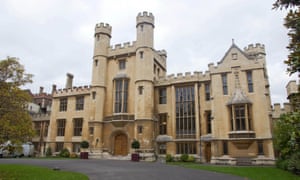
Pic:Prime Minister Theresa May/ REUTERS
Political reporter(wp/es):
Before the Conservatives descend from “wobble weekend” to outright panic, they should remember: we have been here before.
Every Tory victory since the Fifties has been preceded by at least one campaign poll pointing to defeat or a close finish. David Cameron confounded soothsayers like me two years ago; so did John Major in 1992 and Edward Heath in 1970. Margaret Thatcher had to navigate single polls suggesting she was in trouble.
We should therefore treat with caution latest polls from YouGov and Survation showing the Tory lead halving in a week to nine points. Until more polls are out we cannot be sure whether this is sampling tremor, a blip after the manifesto launch or a lasting shift in loyalties.
That said, Labour was gaining ground even before the headlines about the “dementia tax”, with both Ukip and the Lib Dems losing support. In contrast, the Tories average poll rating has stayed steady for four weeks.
st of my weekly projections combines the latest surveys, not in a crude “poll of polls” but allowing for the tendency of surveys over many years to overstate Labour and understate Tory support. Without that adjustment I would project an 11-point Tory lead, not the 13 points in the table: I believe the big Labour bias in the polls two years ago has been reduced but not eliminated. But even that 13-point lead, identical to Tony Blair’s victory margin in 1997, would not quite give Theresa May the majority she really wants.
I estimate the Tories would capture 29 seats from Labour (thanks to Ukip’s collapse since 2015) and six from the SNP. The Lib Dems could pick up a handful of Labour and Tory seats in strong “Remain” areas where there are few Ukip supporters for the Tories to squeeze. The upshot is a Conservative majority of about 80 had the election been held at the end of last week.
For Mrs May to have the freedom to swat aside rebellions on a compromise Brexit deal she really needs a three-figure majority. A month ago she was on course — unless she can halt Labour’s rise, it may slip from her grasp.
